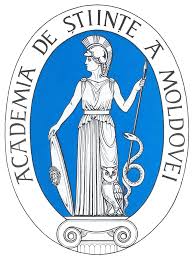The International Science Council (ISC) is a non-governmental organization with a unique global membership that brings together 40 international scientific Unions and Associations and over 140 national and regional scientific organizations including Academies and Research Councils.
The ISC was created in 2018 as a result of a merger between the International Council for Science (ICSU) and the International Social Science Council (ISSC).
It is the only international non-governmental organisation bringing together the natural and social sciences and the largest global science organisation of its type.
Our vision
The vision of the Council is to advance science as a global public good. Scientific knowledge, data and expertise must be universally accessible and its benefits universally shared. The practice of science must be inclusive and equitable, also opportunities for scientific education and capacity development.
Our mission
The mission of the international Science Council is to act as the global voice for science. As part of that mission, the ISC:
- Speaks for the value of all science and evidence- informed decision-making;
- Stimulates and supports international scientific research and scholarship on major issues of global concern;
- Articulates scientific knowledge on such issues in the public domain;
- Promotes the continued and equal advancement of scientific rigour, creativity and relevance in all parts of the world;
- Defends the free and responsible practice of science.
Our activities
The Council convenes the scientific expertise and resources needed to lead on catalyzing, incubating and coordinating impactful international action on issues of major scientific and public importance.
The Council’s activities focus on 3 principle areas of work:
- Science- for- policy to stimulate and support international scientific research and scholarship, and to communicate science that is relevant to international policy issues;
- Policy-for-science to promote developments that enable science to contribute more effectively to major issues in the international public domain; and
- Scientific freedom and responsibility to defend the free and responsible practice of science.
With a broad range of co-sponsored international research programmes, networks and committees, the Council’s activities span a broad range of issues, from global sustainability, poverty, urban health and wellbeing and disaster risk reduction, to data, observing systems and science advice to governments.
Academy of Sciences of Moldova has become member of the ISC in 2008.
For more details, please visit: https://council.science/about-us/
